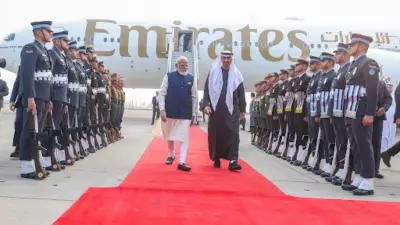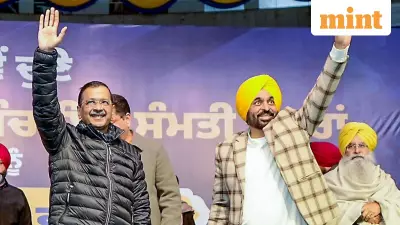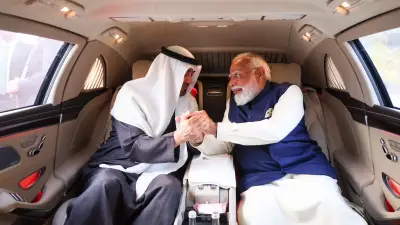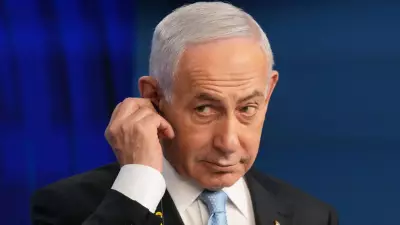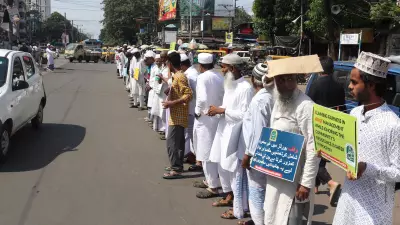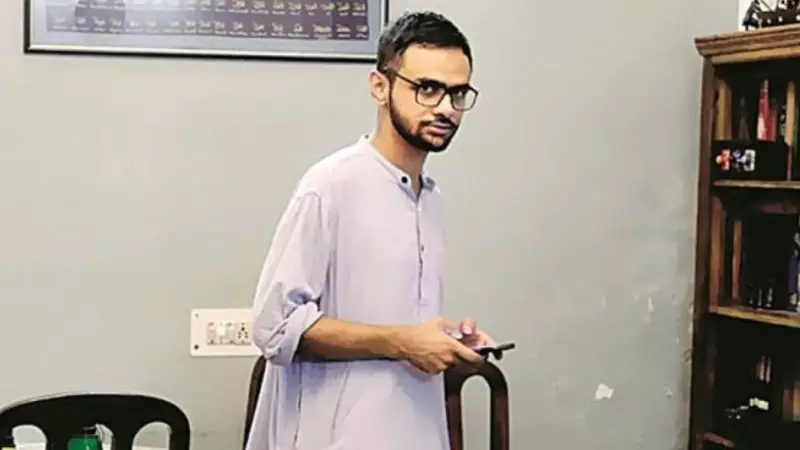
In a startling revelation that has raised eyebrows in legal circles, statements of former JNU student leader Umar Khalid and other accused in the high-profile 2020 Delhi riots case were recorded by investigators several months after their initial arrests. This significant delay in following basic investigative procedures has sparked concerns about due process and legal protocols.
Timeline Discrepancies Raise Eyebrows
According to court documents examined by our investigative team, Umar Khalid, who was arrested in September 2020 under the stringent Unlawful Activities (Prevention) Act, had his formal statements recorded only in February 2021 – nearly five months after his detention. Similarly, co-accused Tahir Hussain's statements saw an even longer gap, recorded in March 2021 following his arrest in the same month.
Legal Experts Voice Concern
Prominent legal experts have expressed serious reservations about these procedural delays. "Recording statements months after arrest fundamentally undermines the investigative process," noted a senior criminal lawyer practicing at the Karkardooma courts. "This delay raises questions about the authenticity and reliability of the evidence collected."
Police Justification and Counter-Arguments
While Delhi Police officials have cited the complexity of the case and the large number of accused as reasons for the delay, legal authorities point to established procedures that mandate timely recording of statements to ensure transparency and prevent allegations of coercion or manipulation.
Broader Implications for Justice Delivery
The case has broader implications for India's criminal justice system:
- Procedural delays potentially compromising evidence integrity
- Questions about adherence to established legal protocols
- Impact on fair trial guarantees under Indian Constitution
- Setting concerning precedents for high-profile cases
As the case continues to unfold in the Karkardooma court, legal observers are closely watching how these procedural anomalies might affect the eventual outcome and what message it sends about India's commitment to due process in politically sensitive cases.

